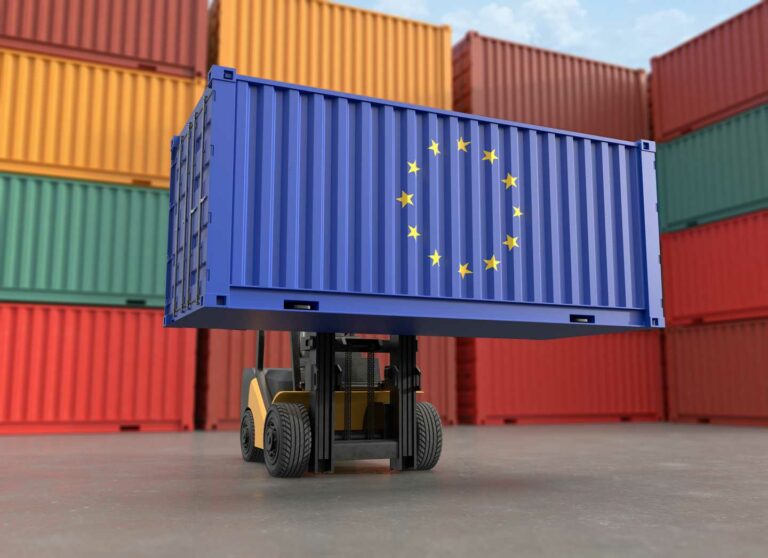We were talking about it early 2018, electronic billing in Italy becomes mandatory.
Indeed, from 1 January 2019, e-invoicing will be mandatory for any B2B or B2C transaction taking place on Italian territory, giving rise to the issue of an invoice or a credit note.
Who is involved in electronic invoicing in Italy?
It has been clarified by the Italian administration that companies not established in Italy (and having only an intra-Community VAT number in Italy) will not, however, be obliged to submit to electronic invoicing.
1. In the case where the sale is local, between two companies established in Italy, and subject to VAT in Italy, the Italian supplier must compulsorily establish an electronic invoice.

2. In the case of a local sale between a supplier established in Italy and an Italian non-resident customer, the Italian supplier is obliged to draw up an electronic invoice, but must also provide a paper invoice to his customer if the one this is the request.

3. In the case of a local sale subject to VAT in Italy between a non-resident supplier and a customer established in Italy, the supplier has the choice of establishing a paper invoice or an electronic invoice.

4. In the case of a local sale subject to VAT in Italy between a non-resident supplier and a non-resident customer, the supplier also has the choice to issue a paper or electronic invoice.
Risks and sanctions
Companies involved in electronic invoicing in Italy will have to use the exchange system platform (SDI Sistema d’interscambio), which will carry out all the necessary verifications before sending the invoice to the final recipient.
On the other hand, if the invoice (s) is not sent via this platform, it will be subject to penalties of up to 180% of the VAT due.
If you are concerned, you can contact our experts directly, they will be able to analyze your flows and assist you in the best implementation of these changes.





